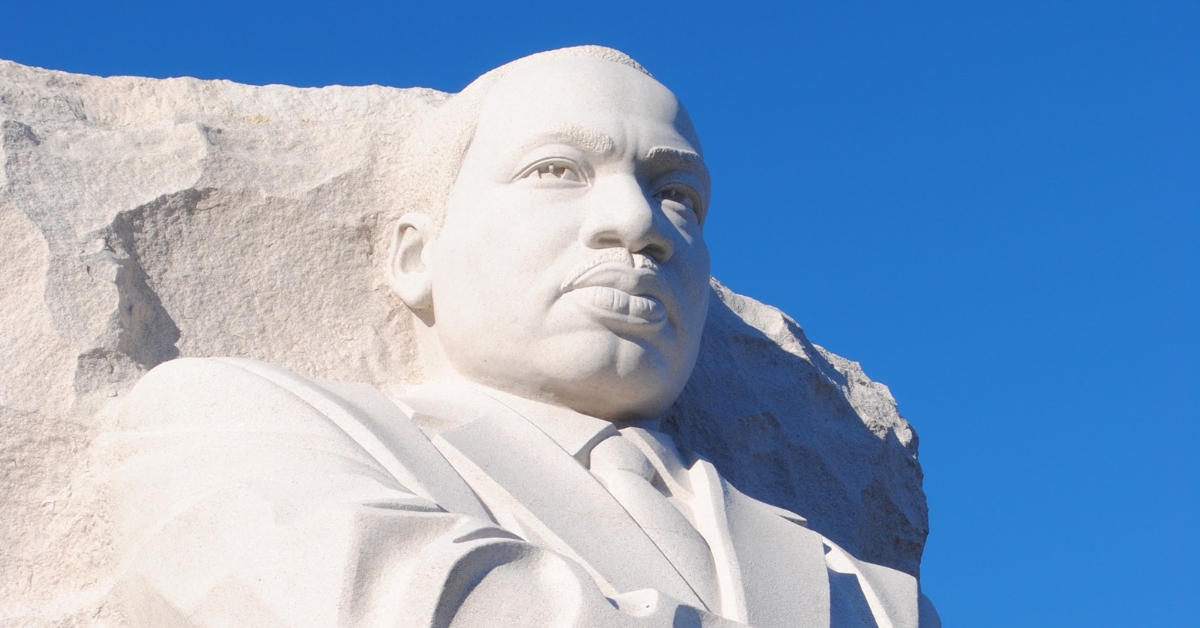Martin Luther King, Jr. Day is an occasion to honor a leader who transformed the nation through social change. As we think about leaders who have shaped American culture, it is an appropriate time to reflect on the qualities that make an effective leader. While Dr. King is an important example from history, we can take cues on what it means to be a leader in our daily lives at work, at home, and in our communities.
Work Hard.
Leaders take action, whether it is taking initiative on a project at work, volunteering to organize a local fundraiser, or coordinating family schedules. Working hard means paying attention to detail, finding solutions to complicated problems, following through, and diligently completing tasks. Leaders find opportunities everywhere, and are willing to try new things and take risks. They are open to feedback and always looking for creative ways to improve processes and perform well.
Communicate Effectively.
If you want to lead a team of people, you must be able to clearly receive and give messages both verbally and written. Leaders are good listeners, and value input from the team. They are able to recognize good ideas and see how they fit in the larger picture. Leaders also have the ability to give detailed instructions and communicate goals in order for the whole group to have a unified vision.
Build Relationships.
Being a leader is a social activity; you must have a team that respects you and wants to work hard on your behalf. Network, make connections, and improve the bonds you have with those around you. Develop the ability to recognize each person’s strengths, and how they will best contribute to the project. Be courteous and diplomatic when guiding team members. Appreciation and respect go a long way in building strong relationships.
Show Passion.
Individuals passionate about a cause or project inspire others. It demonstrates that you believe in what you are undertaking and that it is worth their time and effort. When leaders show commitment and dedication, others are likely to follow the example.
Be Positive.
Attitude plays an important role in leadership as well. If you are confident in your mission, that outlook will motivate your team. Optimism encourages individuals to work hard and complete tasks that otherwise may have seen daunting. A positive attitude also helps keep group morale up. When you encounter an obstacle, a sense of humor and hopeful outlook will keep things going.
Use these five qualities to become a more effective leader in your workplace, home, and community. Small, daily acts of leadership often lead to important transformations in your life and those around you.




